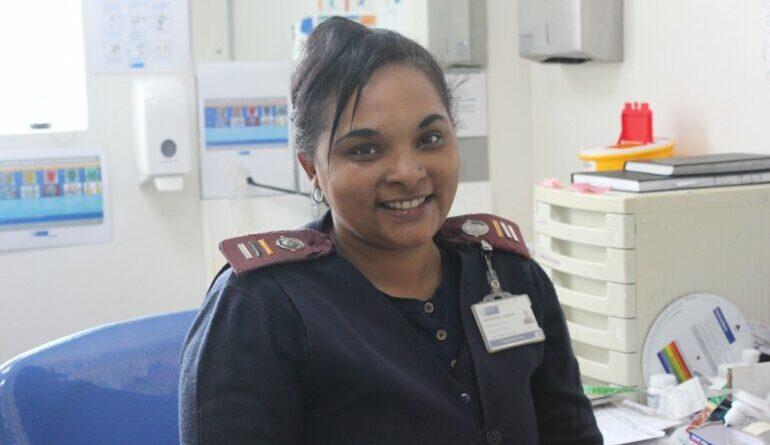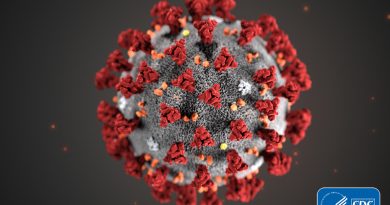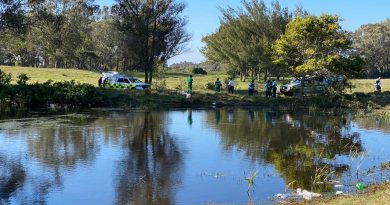African Vaccination Week: United with communities in eradicating diseases
The Western Cape Department of Health and Wellness looks optimistically toward the future of a world free of vaccine-preventable diseases. The department has a comprehensive vaccination programme providing children and adults with access to lifesaving vaccines and interventions, regardless of their geographic location or socioeconomic status.
It’s African Vaccination Week from 20 to 29 April under the World Health Organization (WHO) theme: Humanly Possible: Saving lives through immunisation. Parents are again encouraged to ensure that their children’s vaccinations are up to date.
Even though most parents vaccinate their children, it’s normal to have questions about vaccination. Misinformation on the internet and social media about the safety of vaccines has also caused concern for some people.
“Vaccines are safe and effective in preventing common illnesses which cause severe disease and morbidity. Vaccines are typically studied extensively before being used in the general population. Side effects from vaccines are typically mild and less severe than complications from the illness they are preventing. In South Africa, any side effects from vaccines should be reported, and this helps in identifying specific concerns quickly,” said Dr Heather Finlayson, Paediatric Infectious Disease Specialist at Tygerberg Hospital.
In South Africa, children should be vaccinated at birth, 6 weeks, 10 weeks, 14 weeks, 9 months, 18 months, 6 years and at 12 years old. All these vaccines are available free of charge at all public clinics, and several partner private pharmacies. Bring along your child’s Road to Health immunisation booklet at every clinic visit. Our school health nurses who have been providing healthcare services in schools for many years will conduct scheduled immunisations, such as deworming and Vitamin A drops, and health checks as part of the expanded program of immunisation in the Western Cape.
Parents are issued with consent forms at the start of the first term of the school year to indicate which health services they wish their child to receive in school. If you have missed your child’s immunisation date, visit your nearest healthcare facility, and speak to one of the nurses at the baby clinic.
Another important vaccination which we administer to young girls in grade 5, is the Human Papillomavirus (HPV) vaccine, which protects your daughter from contracting cervical cancer later in life. Your daughter will receive one injection which the school health nurse will administer, and it will not be given to your child without your written consent.
“I work in the child health section at our facility and want to remind parents and caregivers that vaccines at our clinics are safe and effective in preventing diseases that can make us, and our children seriously unwell. It is free at any public health facility throughout the year”, said Auguleen Agulhus-Fredericks, clinical nurse practitioner at Kwanokuthula Community Day Centre.
African Vaccination Week reminds us that vaccination remains one of the most efficient and cost-effective healthcare interventions available to us and brings all communities into contact with primary health care.




